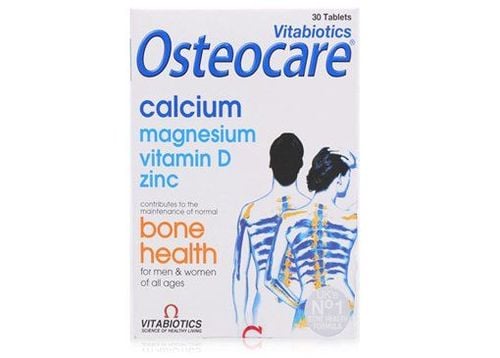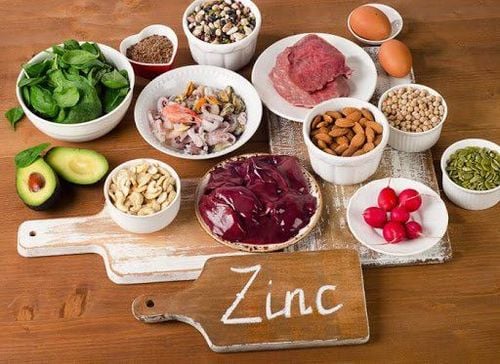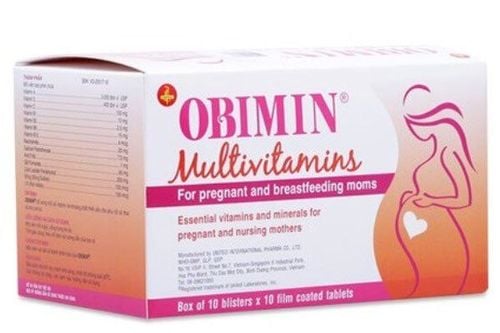A child’s height is influenced by many factors, such as nutrition, environment, genetics, and exercise. Among these, nutrition plays the most significant role, contributing 32% to height development. A proper nutrition plan tailored to each stage of development helps children absorb essential micronutrients needed for optimal height growth.
1. Stages of Height Development by Age in Children
Children's height development is divided into various stages, with each age group having different growth rates. There are three key stages when children experience the most significant height growth:
- Fetal Stage: Height development begins in the womb. Therefore, the mother's nutrition during pregnancy plays a crucial role in the child's height growth. The diet must provide adequate nutrients, particularly calcium and iron. Calcium contributes to the formation of bone cells and strengthens the bones in the child's body. Additionally, calcium supplementation during pregnancy helps prevent hypertension in the mother, reduces vascular sensitivity, and supports the child's height development.
- Infancy to 2–3 Years Old: This is a period of rapid height growth. For instance: A child’s height increases by 25 cm by their first birthday. Between 2 and 3 years old, the average height gain is 10 cm per year, reaching approximately half of their adult height. During this stage, parents should ensure a proper nutrition plan to help their child achieve optimal height. From birth to 6 months, breast milk is the best source of nutrition for a child’s overall growth, including height and weight. From 6 months onward, as the baby’s energy needs increase, it is essential to introduce complementary foods. These meals should provide the necessary micronutrients for height growth, such as vitamins K and D, and calcium…
- Pre-Puberty Stage: This is the stage where girls typically experience height growth earlier than boys. Specifically, the golden period for accelerating height growth is between 10–13 years old for girls and 13–17 years old for boys. Parents should ensure proper nutrition, physical activity, and adequate sleep for their children. It is especially important for children to get enough sleep, with bedtime ideally before 11 PM, as growth hormone is secreted most abundantly between 10 PM and midnight.
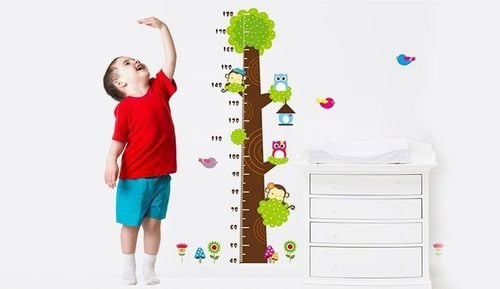
2. Micronutrients Supporting Height Growth in Children
Understanding and providing adequate, appropriate nutrition will help children optimize their height growth. The nutrients that support height growth include the following:
2.1. Calcium
Calcium is essential for height growth as it forms the foundation of strong bones and teeth. The required amount of calcium varies by age: 1–3 years old need 700 mg/day, 4–8 years old need 1,000 mg/day, and 9–18 years old have the highest demand at 3,500 mg/day. Adults aged 19–50 years need 1,200–2,000 mg/day. To support optimal height growth, parents should ensure children receive sufficient calcium for their age. However, the body cannot absorb calcium effectively without carrier substances such as zinc, vitamin D, and vitamin K. Therefore, calcium supplementation should be combined with these micronutrients. Foods rich in calcium include meat (chicken, beef, pork), eggs, milk and dairy products, salmon, vegetables, and nuts.
2.2. Vitamin D
This is a fat-soluble vitamin that plays a role in helping the intestinal lining absorb calcium daily, thereby increasing calcium absorption efficiency and reducing bone loss. For this reason, it is considered a nutrient essential for height growth. Children under 19 years old need 600–1,000 IU of vitamin D per day, while adults aged 19 years and older require 1,500–2,000 IU per day. This nutrient can be supplemented through a diet rich in vitamin D, including meat, eggs, mushrooms, and vegetables. However, the amount of vitamin D needed by the body is often not met through daily dietary intake. Therefore, Encourage outdoor play to allow sunlight exposure, which helps the body produce vitamin D naturally. It is recommended that children be exposed to sunlight for about 15 minutes daily, preferably between 7:00 and 9:00 AM.
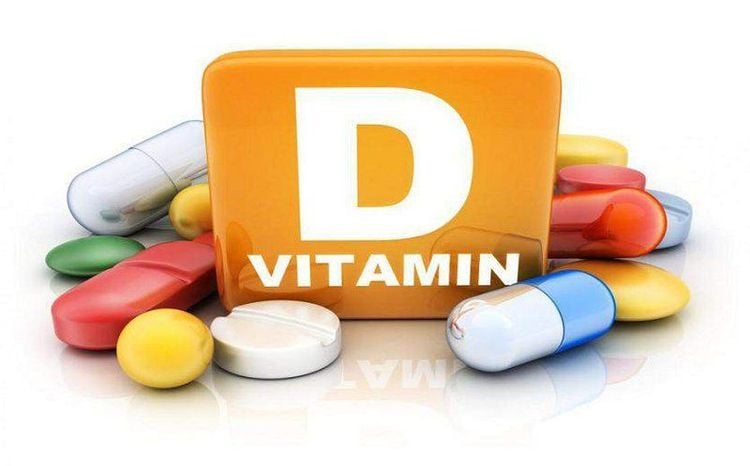
2.3. Zinc
Zinc is a nutrient that supports height growth in children. It helps maintain a balanced level of estrogen in the body, which promotes the development of growth plates in bones. Additionally, zinc plays a role in enhancing absorption, protein synthesis, and cell division while improving appetite. Zinc deficiency can lead to delayed physical development, including weight and height, bone growth disorders, taste disturbances causing loss of appetite, and delayed puberty. Therefore, incorporating zinc into a child’s daily diet is essential. Foods rich in zinc include oysters, beef, seafood, and whole grains.
2.4. Vitamin K
Vitamin K plays a role in optimizing the body's use of calcium and regulating calcium levels. It works by transporting calcium from the blood into the bones and teeth, thereby inhibiting arterial calcification. Foods rich in vitamin K include green vegetables (spinach, broccoli, mustard greens), fruits (avocado, kiwi), goose liver, and chicken.
2.5. DHA
DHA is an omega-3 fatty acid that plays an essential role in supporting brain development, vision, and the immune system. This micronutrient contributes to height growth by maintaining and increasing bone mass and reducing the risk of osteoporosis. Additionally, DHA helps balance calcium levels in the body and influences the activity of osteoblasts (bone-forming cells).
2.6. Chondroitin Sulfate
Chondroitin sulfate is involved in the structure of skin, tendons, cartilage, eyes, and nerves. It promotes the regeneration of cartilage and joint fluid, stimulating faster and greater cartilage growth in children, which supports bone elongation.
In addition to the nutrients mentioned above that aid in height development, parents should also consider supplementing other essential micronutrients for children, such as chromium, acerola cherry extract (vitamin C), selenium, zinc, vitamins B1 and B6, and ginger. These help improve appetite, enhance taste, strengthen the immune system, support healthy weight and height development, and boost resistance to illnesses and digestive issues.
3. Healthy Habits to Support Height Growth in Children
In addition to nutrition, daily activities and habits significantly influence a child's height development. Parents should encourage healthy habits from a young age to promote both physical and mental development.
3.1. Establishing a Habit of Sleeping on Time and Getting Enough Sleep
Sleep is crucial for children's development. Between the ages of 7 and 12, children need 10–12 hours of sleep per day. Older children should still get at least 8 hours of sleep daily. The period between 10 PM and 12 AM is when growth hormone is secreted most abundantly, enhancing bone and tissue development. Therefore, parents should create a habit of proper and sufficient sleep for their children, with bedtime ideally before 11 PM.

3.2. Establishing a Habit of Physical Activity and Sports
Regular physical activity and sports help children develop both height and weight more effectively. Proper outdoor activities and exercise strengthen bones and promote optimal height growth. Therefore, parents should encourage children to participate in outdoor activities, such as playing games, running, or cycling…
To help children achieve optimal height development, parents should create appropriate nutrition and exercise plans tailored to each developmental stage. It is important to note that supplementing nutrients, vitamins and minerals for children is a long-term process. Therefore, parents should remain patient and consistent, whether providing nutrients through diet or dietary supplements (DS). When using dietary supplements, it is recommended to choose products derived from natural sources for better absorption. Parents should avoid using multiple types or frequently changing supplements, as this may reduce effectiveness.
Parents are encouraged to supplement children's diets with products containing lysine, essential trace elements, and vitamins such as zinc, chromium, selenium, and B-group vitamins. These nutrients not only meet the body's nutritional needs but also improve digestion, enhance nutrient absorption, reduce picky eating, and improve appetite.
To arrange an appointment, please call HOTLINE or make your reservation directly HERE. You may also download the MyVinmec app to schedule appointments faster and manage your reservations more conveniently.





